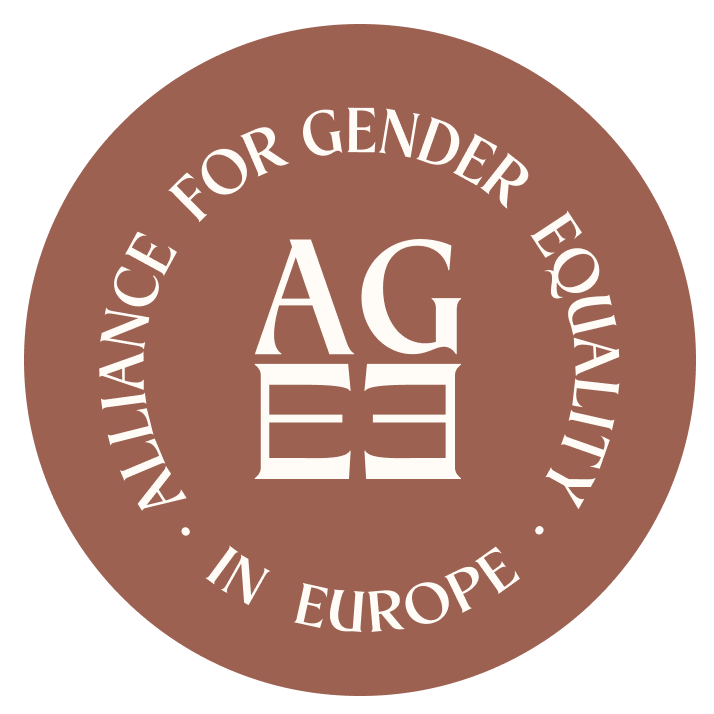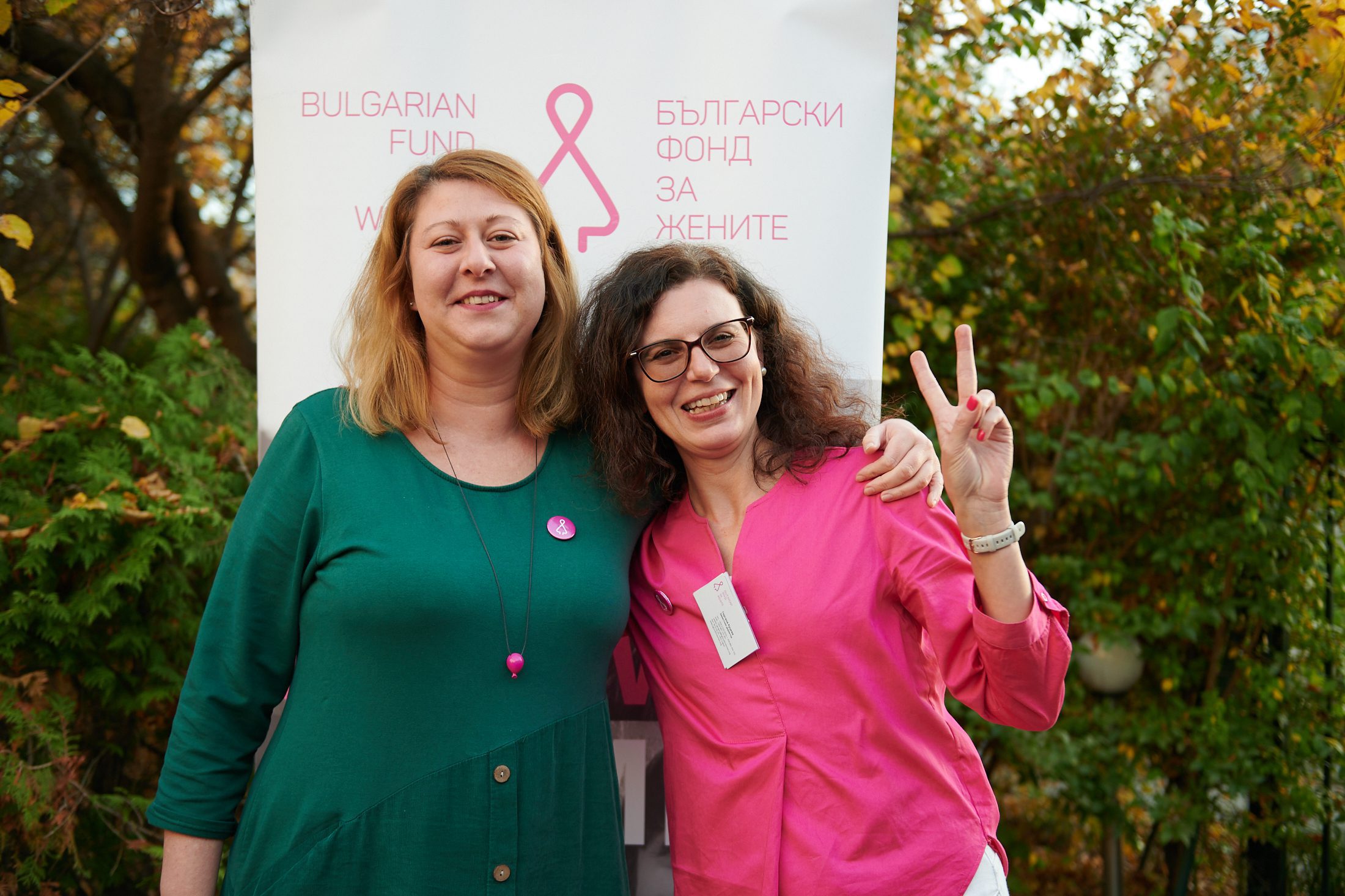This op-ed by Nadejda Dermendjieva and Dobromira Terpesheva from the Bulgarian Fund for Women was first published in EUobserver.
The EU is like a family. One large, complicated family, full of fragile alliances and long-term feuds. Over the next two years, during negotiations for the new multi-year budget, known as the MFF, every member of this family will have their own demands.
For women’s organisations and funds, however, these high-stakes talks will unlikely feel like a family picnic.
We will have to push for a seat at the table and struggle to be heard when we ask for adequate funding for gender equality from the EU’s vast coffers.
Will the EU’s next seven-year budget finally put its money where its values are?
Pocket change for gender equality
Budgets are not a sexy topic. They are often wrapped in inaccessible language and political trade-offs.
But behind every budget line lies a story about what matters and who counts.
When the European Commission put forward its proposal, it introduced a new programme, AgoraEU, which would merge three programmes – Citizens, Equality, Rights and Values (CERV), MEDIA and Creative Europe – into a single funding stream backed by €8.6bn.
It’s unclear whether the new programme will survive the negotiations.
The CERV strand, which aims to protect and promote human rights, gender equality and democracy, still amounts to pocket change compared to the total EU budget.
Just €3.59bn would be allocated against nearly €2 trillion overall, representing barely 0.18 percent of the entire proposed budget.
Huge challenges remain in Europe. Women across Europe still earn on average 13 percent less than men, are more likely to live in poverty after retirement, and remain underrepresented in decision-making.
Still today, one in three women experiences physical and sexual violence in their lifetime, and millions lack access to accessible reproductive healthcare.
According to the commission’s own recent assessments, up to 92 percent of essential initiatives addressing some of these challenges went unfunded in recent years due to the limited budget.
Within CERV, the two strands focused on promoting gender equality and fighting gender-based violence consistently receive the smallest budget allocations while attracting the highest number of applications and leading to the lowest success rates for civil society.
In Bulgaria and other central and eastern European countries, the issue is not only scarce funding but also how it will be redistributed.
When EU money flows through patriarchal, corrupt or retrograde governments eager to roll back women’s and LGBTQ+ rights, it tends to evaporate into thin air before it ever reaches grassroots civil society. It is still unclear how the commission will ensure the transparent and fair distribution of funds without political interference.
A make-or-break moment
The proposal comes at a time of growing financial pressure for gender equality organisations.
The defunding of USAID and European governments shifting their budgets towards defence and economic priorities has left women’s rights organisations behind.
Budgets reveal what societies value and what they are willing to ignore. But we cannot afford to neglect this. Sexism, inequality, and patriarchy are expensive for all of us: gender-based violence alone costs the EU economy more than €366bn annually through lost productivity and costs in healthcare, justice and social services.
In Bulgaria, specialised support services are chronically underfunded while the government is turning a blind eye. Across central and eastern Europe, feminist and human rights organisations are being squeezed between shrinking civic space and rising authoritarianism.
Moreover, public funding mechanisms often exclude smaller or younger civil society organisations or force them to compete rather than collaborate.
Meanwhile, anti-gender and anti-rights movements are thriving. They received unrestricted financial backing and almost unlimited political support.
A recent study found that 275 anti-gender actors across Europe received $1.8bn [€1.56bn] in total between 2019 and 2023, which is an average of €3.64m per organisation. In this context, the design of the next budget is a critical question for democracy itself: will those defending rights and equality receive the resources they need to shape a better future for Europe?
The next MFF is more than a financial exercise. It is Europe’s test. Can it survive in an age of polycrisis and division, and uphold its equality commitments despite growing backlash?
If the EU wants to lead globally on gender equality, it must begin by transforming how it allocates its own resources. It must move from symbolic rhetoric to actual resources.
Beyond maintaining the proposed amount for CERV+, there should be fair and balanced support for all its strands – including Equality and Daphne, which are dedicated to gender equality – to prevent competition between causes.
What is also needed is an increase in direct and flexible funding for women’s rights organisations, particularly in member states and candidate countries where civic space is shrinking.
In addition, negotiators must protect the possibility of channelling EU resources through intermediaries like women’s funds.
The Bulgarian Fund for Women is the only donor in the country that supports those who defend democracy and promote gender equality. We have been able to turn €5m from two CERV projects into more than 100 grants for the local feminist movement that struggles to access EU money directly, because of language barriers or lack of capacity to administer larger EU grants.
Since women’s funds are the main source of funding for around 55 percent of the women’s rights groups, the regranting mechanism is vital.
Without it, Europe loses the potential of grassroots groups to effect change. But when resources reach feminist and community-rooted organisations, the wheels of change start turning.
Gender-responsive budgeting should also be mandatory across all EU funds, not an optional exercise. This would mean assessing the impact of policies on people of all genders and reallocating funds in a way that can better address inequality.
Equality cannot exist without resources. When budgets ignore gender, inequality becomes systemic, not accidental.
Gender equality must also be a cross-cutting priority in cohesion, social and recovery policies, ensuring instruments like the European Social Fund, Horizon Europe, and the Recovery and Resilience Facility support this goal consistently.
Every euro spent should contribute to the values of equality, justice and democracy. After all, taxpayers’ money should serve the common good.
The EU’s next budget could be a powerful tool for achieving change, but only if there is political will to design, implement, and monitor it transparently and openly, and with gender in mind.
At a time of unprecedented social, political and economic challenges, our European family will have to make a choice about what kind of Europe it will build and for whom.
Main image: The Bulgarian Fund for Women.

